
About Scalp Acne
Doctors usually refer to mild form of scalp acne as scalp folliculitis. This problem may also become extreme and more severe and in that is known as acne necrotica miliaris. Other terms to describe this serious case of scalp acne are acne frontalis or acne varioliformis. Scalp acne look like any other acne, but they are usually located in front of the hairline. Most people suffering from this problem experience itchiness and irritation, which may become worse and quite painful after scratching.
Acne frontalis may spread to the face or your neck and these are larger papules. If you scratch those you may end up with some scars, so avoid doing that.
Scalp acne is not a threat to your life, but for many people the problem is known to cause embarrassment. People have done nothing to provoke this problem but still, they are ashamed in front of the others because of their scalp acne. Some may even witness avoiding handshake because of scalp acne.
Prevention of scalp acne is not completely possible, but eating healthy and maintain proper hygiene of your hair and scalp skin is crucial. If you already have scalp acne, some people claim that some antifungal shampoos might be very helpful. Visiting dermatologist is the best way to deal with any acne, including scalp acne. Some people may need antibiotics to properly cure the problem.
What is Causing Scalp Acne?
Some dermatologists believe that the cause of inflammation of the glands and hair follicles is bacterium known as proprionibacterium, but some people dealing with scalp acne may be infected with Staphylococcus aureus or have Demodex folliculorum (mite) or Malassezia (yeast) infection.
If it’s not infection, maybe your diet is not healthy or you haven’t been maintaining proper hygiene of your hair.
Seasonal changes are known to cause or at least contribute to scalp acne, as well as the some inheritance, since scalp acne can be inherited from your parents. In some people, food allergies to caffeine or spice chemicals can also provoke scalp acne. Certain drugs are also known to be associated with this acne, as well as the stress and hormonal imbalance in the body.




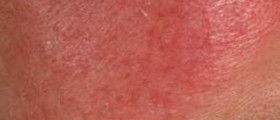
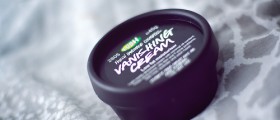
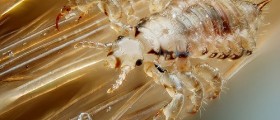
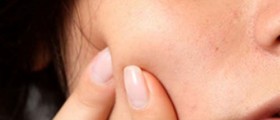
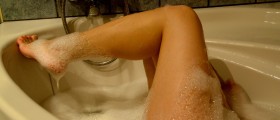
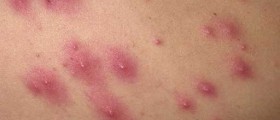
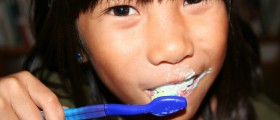


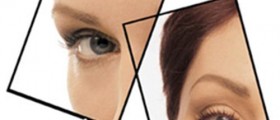


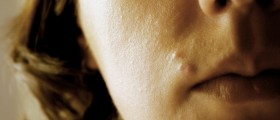
Your thoughts on this
Loading...